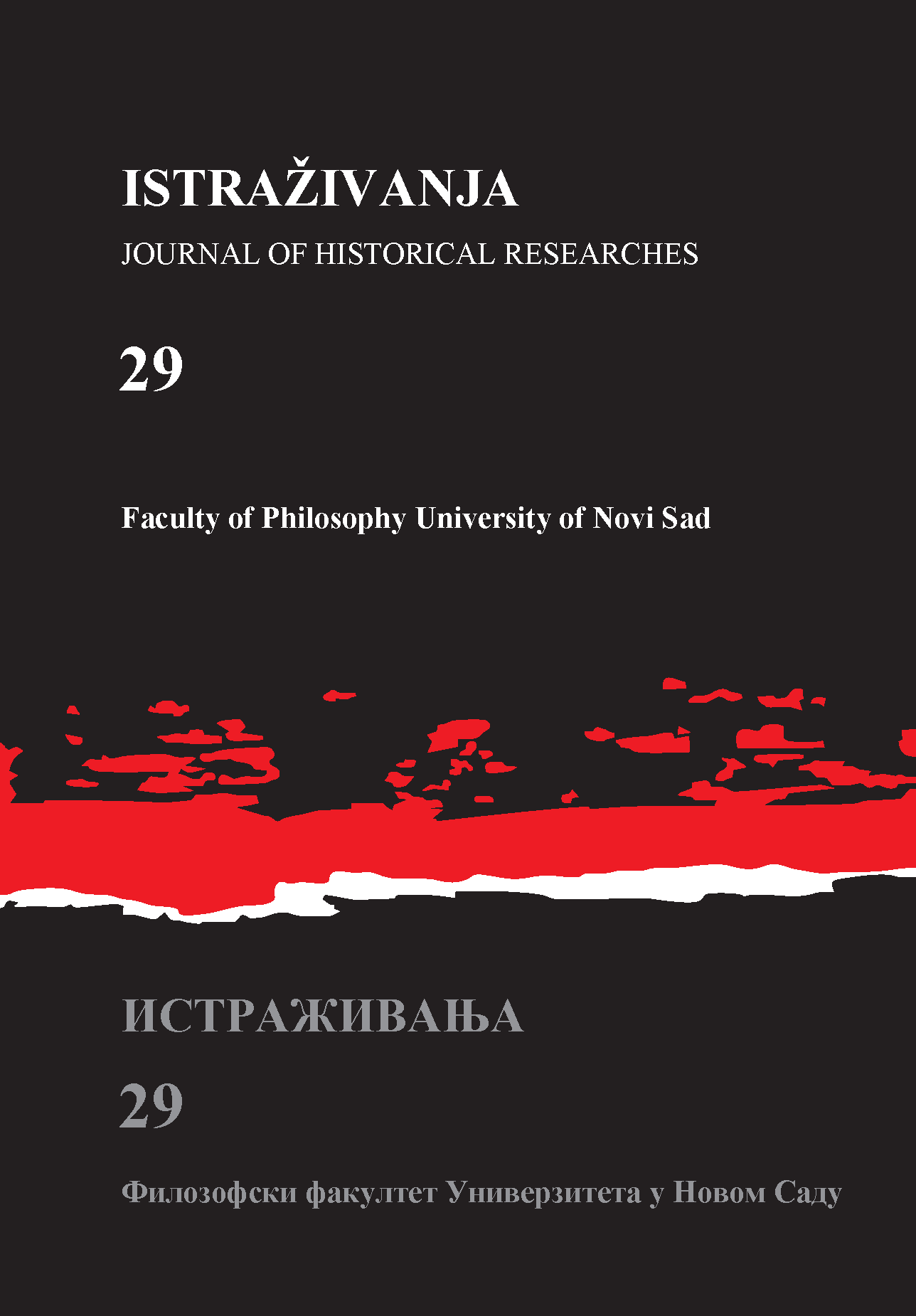POLITICS OF RUSSIA IN EUROPE 1870-1875 (END OF NEUTRALIZATION OF THE BLACK SEA. LEAGUE OF THE THREE EMPERORS)
DOI:
https://doi.org/10.19090/i.2018.29.110-124Keywords:
Russia, Europe, 19th century, League of the Three Emperors, Bismarck, GorchakovAbstract
The Treaty of Paris signed on 30 March 1856 was humiliating for Russia. Especially grave were the articles of the Treaty that concerned the Black Sea. The provision on the neutralization of the Black Sea forbade Russia to have a fleet in its waters, as well as to build forts and infrastructure. In the Treaty of 15 April 1856 Great Britain, France and Austria pledged to supervise if Russia would honour the conditions of the Treaty of Paris, which created the “Crimea Coalition.” After the defeat in the Crimea War Russia did not “lose the status of a great country,” but it was forced to give up on its earlier role in Europe, which weakened its international position. After taking over the Ministry of Foreign Affairs Alexander Gorchakov defined the aim of the Russian external politics: “I am looking for a man who will annul the provisions of the Treaty of Paris which refer to the issue of the Black Sea… I am looking for him and I will find him.” Thus, after the Paris Congress Russian politics had a unique purpose – it intensely sought the revision of the Treaty of Paris excluding everything else. Since France was not prepared to support Russia, St. Petersburg turned to Prussia, which showed good will to change the provisions on the Black Sea. This mutual rapprochement conditioned the subsequent formation of the League of the Three Emperors between Russia, Germany and Austria.
Downloads
References
Borisov, V. Russian-French Relations after the Frankfurt Peace Treaty 1871-1875, Moscow: Mezdunarodnie otnosheniya, 1951. (Russian Cyrillic)
Bushuev S. K, A. M. Gorchakov, Moscow: Institut mezdunarodnih otnosheniy, 1961. (Russian Cyrillic)
Gall L. Bismarck: The White Revolutionary, Vol. 2, London: Routledge, 1990.
Geller M. The History of The Russian Empire, Vol. 3, Moscow: MIK, 1997. (Russian Cyrillic)
Hvostov M. V. The History of Diplomacy, Vol 2, Moscow: Gosudarstvennoe izdatelstvo politicheskoy literatury, 1974. (Russian Cyrillic)
Howard M. The Franco-Prussian War. The German Invasion of France, 1870-1871, London: Routledge, 2003.
Ignatev A. V, Kinapina N. S, Subbotin Y, Hevrolina V. M. The History of Foreign Policy. The Second Half of the 19th Century, Moscow: Mezdunarodnie otnosheniya, 1997. (Russian Cyrillic)
Ignatev A. V. (ed.) Russia and The Black See Straits (18th-19th Centuries), Moscow: Mezdunarodnie Otnosheniya, 1999. (Russian Cyrillic)
Kozmenko I. V. The Collected Treaties of Russia with Other States 1856-1917, Moscow: Mezdunarodnie Otnoshenia, 1952. (Russian Cyrillic)
Narochnickaya L. I. Russia and the Prussian Wars during the 1860-es for the German Unity, Moscow, 1978. (Unpublished doctoral thesis). (Russian Cyrillic)
Obolenskaya C. V. Franco-Prussian War and the Public Opinion of Germany and Russia, Moscow: Nauka, 1977. (Russian Cyrillic)
Tatischev S. S. Imperator Alexander II: His Life and Reign, Sankt Petersburg: Tip A. S. Suvorina, 1902. (Russian Cyrillic)
Shneerson L. M, Franco-Prussian War and Russia, Minsk: BGU, 1976. (Russian Cyrillic)
______. At The Crossroads of European Policy: Austrian-German-Russian Relations (1871-1875), Minsk: Universitetskoe, 1984. (Russian Cyrillic)














